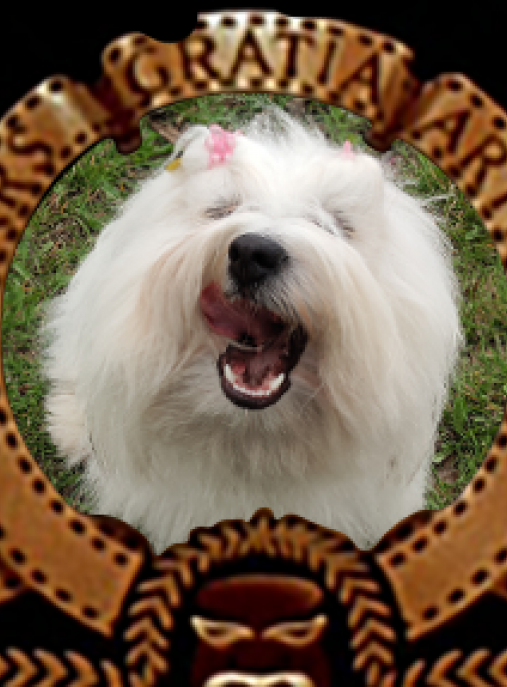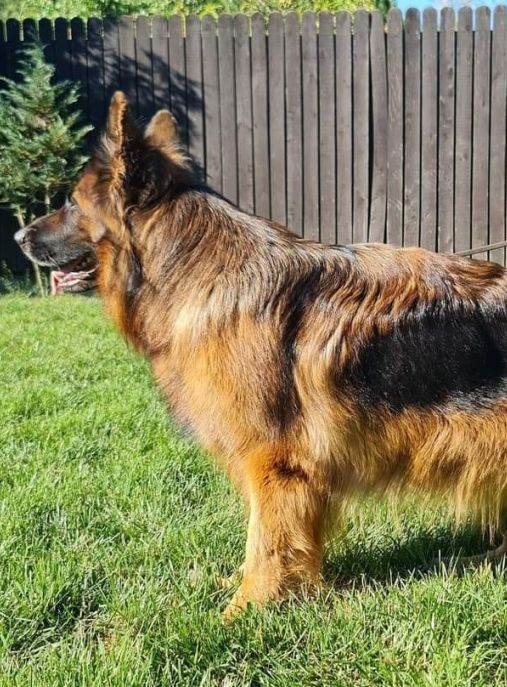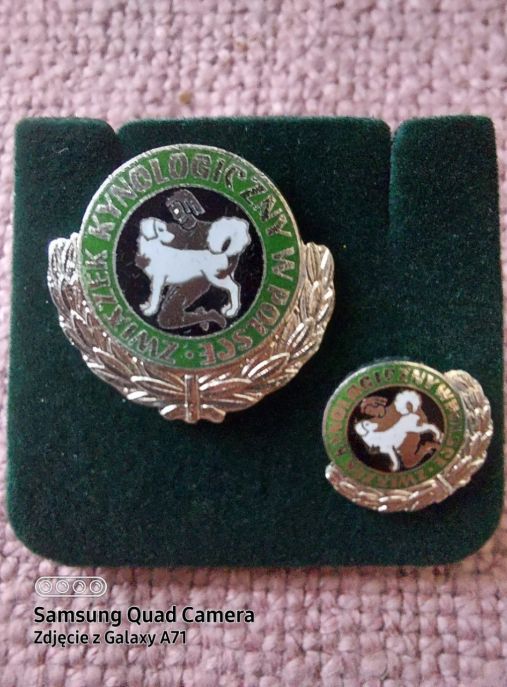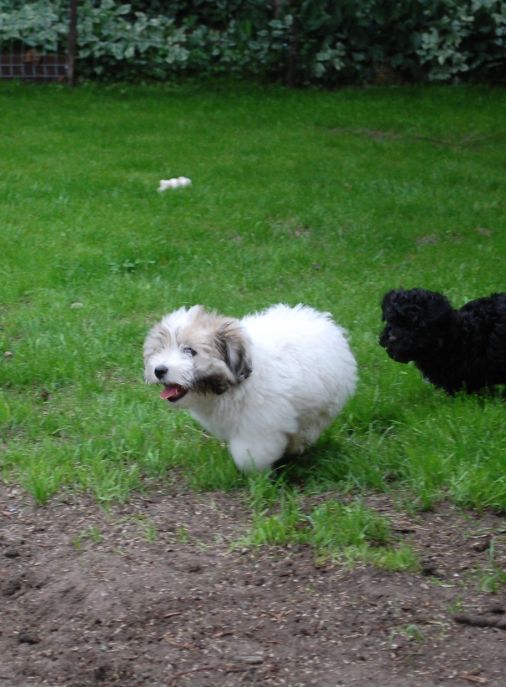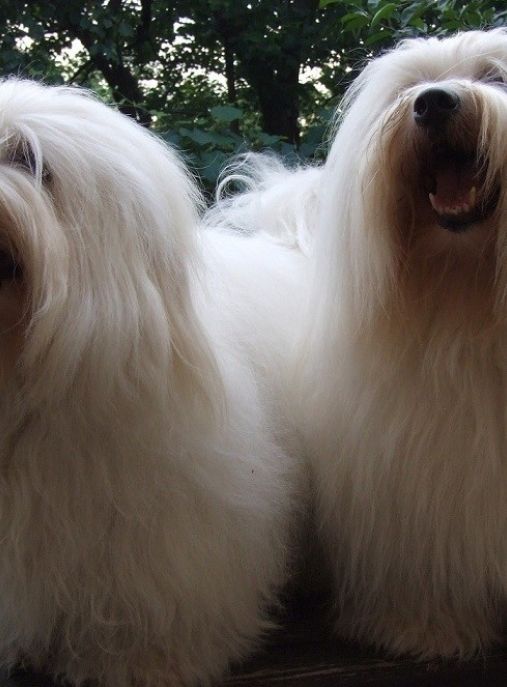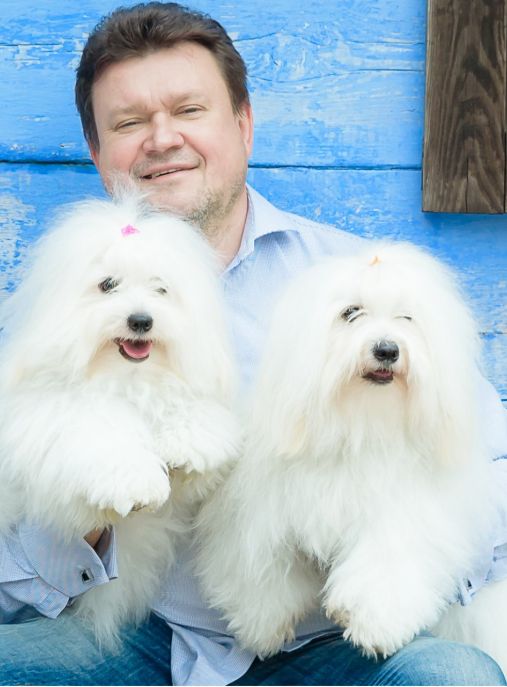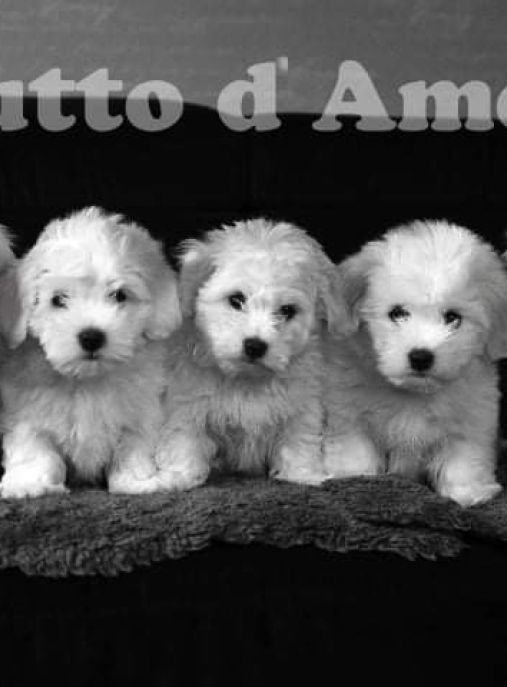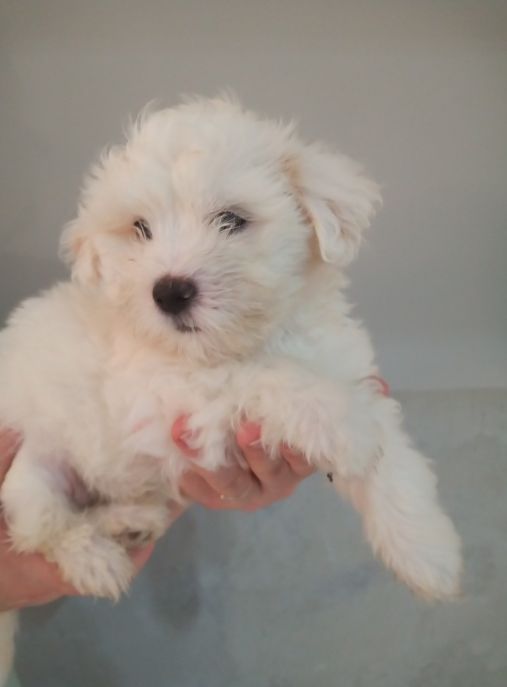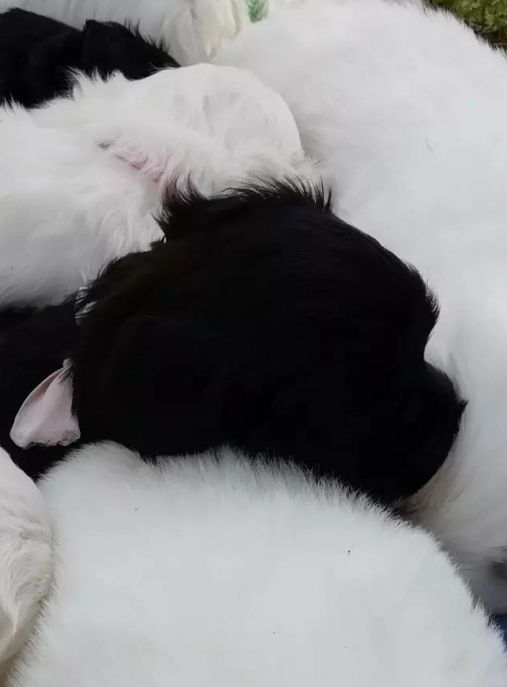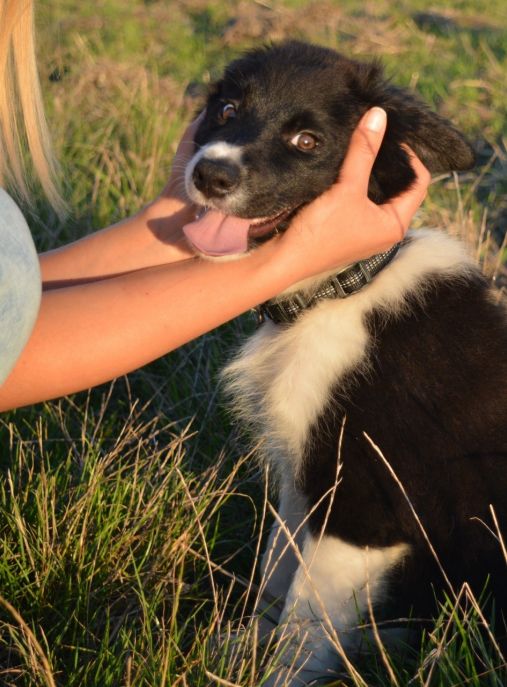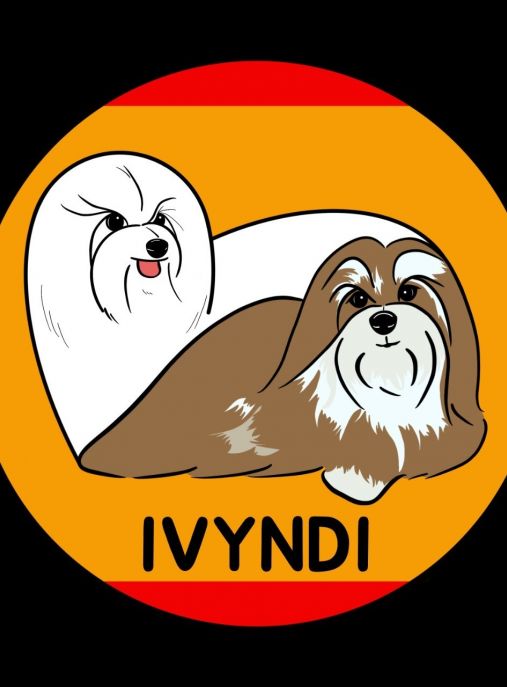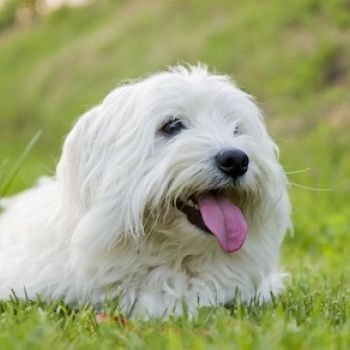The Coton de Tulear is a small, charming dog breed known for its fluffy white coat and lively personality. Originating from Madagascar, this breed has gained popularity worldwide for its adorable appearance and friendly nature. With a fascinating history and unique characteristics, the Coton de Tulear has become a beloved companion for many dog lovers.
The history of the Coton de Tulear dates back several centuries to the island of Madagascar. It is believed that this breed was brought to the island by French sailors, who used them as ship dogs to control vermin on board. Over time, the Coton de Tulear developed into a cherished companion for the ruling class of Madagascar, and their presence was considered a symbol of wealth and prestige.
According to the FCI (Fédération Cynologique Internationale) typology, the Coton de Tulear belongs to Group 9 - Companion and Toy Dogs. This group includes small-sized dogs that were primarily bred for companionship. The Coton de Tulear is classified under Section 1 - Bichons and related breeds, which also includes other popular breeds like the Bichon Frise and the Maltese.
The Coton de Tulear is a versatile breed that can adapt to various lifestyles. They are known for their affectionate and sociable nature, making them excellent family pets. Their friendly disposition also makes them well-suited for households with children and other pets. Additionally, their small size and low exercise requirements make them suitable for apartment living.
In terms of physical characteristics, the Coton de Tulear is a small dog with a sturdy build. They typically weigh between 8 to 13 pounds (3.6 to 5.9 kilograms) and stand around 9 to 11 inches (23 to 28 centimeters) tall at the shoulder. Their most distinctive feature is their long, cotton-like coat, which is soft, dense, and hypoallergenic. This breed requires regular grooming to prevent matting and keep their coat looking its best.
The life expectancy of a Coton de Tulear is around 14 to 16 years, which is relatively long compared to other small dog breeds. This breed is generally healthy, but like any dog, they may be prone to certain health issues such as hip dysplasia, patellar luxation, and progressive retinal atrophy. Regular veterinary check-ups, a balanced diet, and regular exercise can help maintain their overall well-being.
One interesting fact about the Coton de Tulear is their unique name, which translates to "Cotton of Tulear." This name perfectly describes their fluffy, cotton-like coat. Another interesting fact is that this breed is known for its clownish behavior and ability to entertain their owners with their playful antics. They are intelligent and eager to please, making them relatively easy to train.
In conclusion, the Coton de Tulear is a delightful breed that brings joy and companionship to many households. With their charming appearance, friendly nature, and adaptability, they make excellent family pets. Whether you're looking for a cuddly lap dog or an energetic playmate, the Coton de Tulear is sure to win your heart with their irresistible charm.
The Coton de Tulear is a delightful and charming breed known for its affectionate and friendly nature. These small, fluffy dogs originate from Madagascar and have gained popularity worldwide due to their adorable appearance and lovable personality. With their cotton-like coat and bright, expressive eyes, Coton de Tulears are hard to resist.
One of the most prominent traits of Coton de Tulear dogs is their loving and gentle nature. They thrive on human companionship and are incredibly devoted to their families. They are known to form strong bonds with their owners and are always eager to please. This breed is highly sociable and gets along well with children, other pets, and even strangers. Their friendly disposition makes them excellent family dogs and great companions for people of all ages.
Coton de Tulears are intelligent and quick learners, making them relatively easy to train. They are eager to please their owners and respond well to positive reinforcement techniques. Consistency, patience, and gentle guidance are key when training a Coton de Tulear. They excel in obedience training and can also participate in various dog sports such as agility or rally obedience.
Despite their small size, Coton de Tulears have a moderate energy level and require regular exercise to keep them happy and healthy. Daily walks, playtime, and mental stimulation are essential for this breed. They enjoy interactive games and love to spend time with their owners, whether it's going for a hike or simply playing fetch in the backyard. However, it's important to note that Coton de Tulears are not overly demanding in terms of exercise and can adapt well to apartment living as long as their exercise needs are met.
When it comes to grooming, Coton de Tulears require regular maintenance due to their long, cotton-like coat. Their hair is hypoallergenic and does not shed excessively, making them a suitable choice for individuals with allergies. Brushing their coat a few times a week helps prevent matting and keeps their fur looking pristine. Regular bathing, nail trimming, and teeth brushing are also necessary to maintain their overall hygiene.
Coton de Tulears are generally healthy dogs with a lifespan of around 14-16 years. However, like any breed, they can be prone to certain health issues such as hip dysplasia, patellar luxation, and progressive retinal atrophy. Regular veterinary check-ups, a balanced diet, and regular exercise can help keep them in optimal health.
In terms of raising a Coton de Tulear, early socialization is crucial to ensure they grow up to be well-rounded and confident dogs. Exposing them to various people, animals, and environments from a young age helps prevent any potential behavioral issues. Additionally, providing them with mental stimulation through puzzle toys or training sessions helps keep their active minds engaged.
Overall, Coton de Tulears are delightful companions with a loving and friendly nature. They are adaptable, intelligent, and easy to train, making them a great choice for first-time dog owners. With proper care, training, and socialization, a Coton de Tulear can bring immense joy and happiness to any household.
The Coton de Tulear is a small, fluffy, and affectionate breed that requires specific care to keep them healthy and happy. Here are some tips on how to care for Coton de Tulear dogs, including what to do and what not to do:
1. Grooming: Cotons have a long, cotton-like coat that requires regular grooming. Brush their coat daily to prevent matting and tangles. Use a slicker brush or a comb with wide teeth to gently remove any knots. Regularly check their ears for dirt or wax buildup and clean them with a veterinarian-approved ear cleaner. Trim their nails regularly, and brush their teeth at least two to three times a week to maintain good oral hygiene.
2. Exercise: Cotons are energetic dogs that require daily exercise to stay healthy. Take them for walks, play fetch, or engage in interactive games to keep them mentally and physically stimulated. However, avoid excessive exercise, especially in hot weather, as Cotons are prone to heat exhaustion.
3. Socialization: Cotons are social dogs that thrive on human companionship. They enjoy being part of the family and may develop separation anxiety if left alone for long periods. Socialize them from a young age by exposing them to different people, animals, and environments. This will help them become well-adjusted and confident dogs.
4. Training: Cotons are intelligent and eager to please, making them relatively easy to train. Use positive reinforcement techniques such as treats, praise, and rewards to motivate them. Start training early and be consistent with commands and boundaries. Crate training can also be beneficial for housebreaking and providing a safe space for your Coton.
5. Health care: Regular veterinary check-ups are essential for maintaining your Coton's health. Vaccinations, parasite prevention (fleas, ticks, heartworms), and dental care should be part of their routine. Cotons are generally healthy dogs, but they may be prone to certain genetic conditions such as hip dysplasia, patellar luxation, and progressive retinal atrophy. Ensure your breeder performs health screenings on the parents to minimize the risk of these conditions.
6. Nutrition: Feed your Coton a high-quality, balanced diet appropriate for their age, size, and activity level. Consult with your veterinarian to determine the right portion sizes and feeding schedule. Avoid overfeeding, as Cotons can easily gain weight, which can lead to health issues. Provide fresh water at all times and avoid feeding them table scraps or foods that are toxic to dogs, such as chocolate, grapes, or onions.
7. Environmental considerations: Cotons are adaptable to various living situations, including apartments, as long as they receive enough exercise and mental stimulation. However, they are sensitive to extreme temperatures, so provide them with a comfortable indoor environment and avoid leaving them outside for extended periods in hot or cold weather.
What not to do:
1. Do not neglect grooming: Neglecting their coat can lead to painful matting and skin issues. Regular grooming is crucial to prevent discomfort and maintain their coat's health.
2. Do not leave them alone for long periods: Cotons thrive on human companionship and can become anxious or develop destructive behaviors if left alone for extended periods. Ensure they have plenty of social interaction and mental stimulation.
3. Do not use harsh training methods: Cotons respond best to positive reinforcement techniques. Avoid using punishment or harsh training methods, as it can damage their trust and hinder their learning.
4. Do not overfeed: Cotons have a tendency to gain weight, which can lead to health problems. Follow a balanced diet and avoid overfeeding or giving excessive treats.
5. Do not skip veterinary check-ups: Regular veterinary care is essential for early detection of any health issues. Skipping check-ups can lead to undiagnosed conditions and potential complications.
By following these tips and providing proper care, you can ensure that your Coton de Tulear lives a healthy, happy, and fulfilling life as a beloved member of your family.
The Coton de Tulear is a charming and elegant breed of dog known for its distinctive coat, which comes in a variety of colors. However, the most common and recognized color of Coton de Tulear dogs is white. This breed is often referred to as the "Royal Dog of Madagascar" due to its regal appearance, and the white coat plays a significant role in enhancing its majestic aura.
The white color of the Coton de Tulear's coat is often described as pure, pristine, and dazzling. It is reminiscent of freshly fallen snow or fluffy cotton balls, which is where the breed gets its name. The coat is soft to the touch, giving it a luxurious and velvety feel. The white fur is also incredibly dense, providing insulation and protection from the elements.
The white color of the Coton de Tulear's coat is not just limited to the outer layer; it extends to the undercoat as well. This double coat helps to keep the dog warm in colder climates and cool in warmer temperatures. The undercoat is typically shorter and denser, while the outer coat is longer and slightly wavy, adding to the breed's overall charm.
One of the most striking features of the Coton de Tulear's white coat is its ability to reflect light. When the sun's rays hit the fur, it creates a radiant glow that further enhances the dog's beauty. This luminosity gives the Coton de Tulear an ethereal and almost angelic appearance, making it stand out in any setting.
Despite its pristine appearance, the white coat of the Coton de Tulear does require regular grooming to maintain its beauty. The fur can easily become tangled or matted if not properly cared for. Regular brushing and occasional bathing are necessary to keep the coat clean, healthy, and free from debris.
In addition to its aesthetic appeal, the white color of the Coton de Tulear's coat also has practical advantages. It makes the dog highly visible, which is particularly useful during outdoor activities or when walking at night. The white coat also acts as a natural sunscreen, protecting the dog's skin from harmful UV rays.
While white is the most common color of the Coton de Tulear, it is worth noting that some individuals may have slight variations in shade. Some dogs may exhibit a creamy or off-white hue, while others may have small patches of color on their ears or body. However, these variations are considered acceptable within the breed standard and do not detract from the overall beauty of the Coton de Tulear.
In conclusion, the common color of Coton de Tulear dogs is a stunning and pure white. This color adds to the breed's elegance and grace, giving it a regal and majestic appearance. The white coat reflects light, making the dog appear radiant and ethereal. Regular grooming is essential to maintain the beauty of the white coat, ensuring that the Coton de Tulear continues to captivate hearts with its dazzling appearance.
The Coton de Tulear is a small, charming, and affectionate breed known for its cotton-like coat and playful personality. While generally healthy, like all dog breeds, they are prone to certain health issues that owners should be aware of to ensure their pet's well-being. Regular veterinary check-ups, a balanced diet, exercise, and proper grooming are essential for maintaining the health of Coton de Tulear dogs.
One of the most common health concerns in Coton de Tulear dogs is dental disease. Their small mouths and crowded teeth make them more susceptible to plaque and tartar buildup, which can lead to gum disease, tooth loss, and other oral health issues. Regular brushing of their teeth, feeding them dental chews, and providing appropriate chew toys can help prevent dental problems.
Another common health issue in this breed is allergies. Coton de Tulear dogs can be prone to both food and environmental allergies, which can cause skin irritations, itching, and discomfort. Identifying and eliminating potential allergens from their diet or environment, such as certain foods, pollen, or dust mites, can help manage these allergies. In some cases, medication or hypoallergenic diets may be necessary, so consulting with a veterinarian is crucial.
Patellar luxation is another condition seen in Coton de Tulear dogs. This occurs when the kneecap slips out of place, causing lameness and discomfort. Regular exercise and maintaining a healthy weight can help prevent this condition. If diagnosed, surgical intervention may be required to correct the issue.
Progressive retinal atrophy (PRA) is an inherited eye disorder that affects the Coton de Tulear breed. PRA causes a gradual degeneration of the retina, leading to vision loss and eventual blindness. Regular eye examinations by a veterinary ophthalmologist can help detect this condition early on. Unfortunately, there is no cure for PRA, but supportive care and environmental adaptations can help affected dogs maintain a good quality of life.
To ensure the overall health of Coton de Tulear dogs, it is important to provide them with a balanced diet that meets their nutritional needs. High-quality dog food, preferably formulated for small breeds, should be fed in appropriate portions to prevent obesity. Regular exercise, such as daily walks or playtime, is essential to maintain their physical and mental well-being.
Grooming is also crucial for the health of Coton de Tulear dogs. Their long, cotton-like coats require regular brushing to prevent matting and tangling. Bathing should be done as needed, using a mild dog shampoo. Regular ear cleaning, nail trimming, and dental care should also be part of their grooming routine.
Regular veterinary check-ups are vital to monitor the overall health of Coton de Tulear dogs. Vaccinations, parasite prevention, and routine blood tests are essential to detect any underlying health issues early on. Additionally, spaying or neutering is recommended to prevent certain reproductive disorders and reduce the risk of certain cancers.
In conclusion, while generally healthy, Coton de Tulear dogs are prone to certain health conditions such as dental disease, allergies, patellar luxation, and progressive retinal atrophy. By providing proper care, including regular veterinary check-ups, a balanced diet, exercise, and grooming, owners can help ensure the overall health and well-being of their beloved Coton de Tulear companions.
The Coton de Tulear is a small, fluffy, and affectionate breed known for its playful nature and charming personality. To ensure their overall health and well-being, it is crucial to provide them with a balanced and nutritious diet. Proper nutrition plays a vital role in maintaining their energy levels, promoting healthy growth, and preventing various health issues. In this text, we will discuss the nutritional needs of Coton de Tulear dogs, provide advice on feeding them, and highlight foods to avoid.
Coton de Tulear dogs require a diet that is rich in high-quality protein, healthy fats, and essential vitamins and minerals. Protein is essential for muscle development and repair, while fats provide a concentrated source of energy. Additionally, vitamins and minerals are necessary for maintaining a strong immune system and supporting various bodily functions.
When choosing commercial dog food for your Coton de Tulear, opt for high-quality brands that list real meat as the primary ingredient. Avoid foods that contain fillers, by-products, and artificial additives. Look for options that are specifically formulated for small breeds or all life stages, as these will cater to the unique needs of your Coton de Tulear.
Feeding your Coton de Tulear should be done in accordance with their age, weight, and activity level. Puppies require more frequent meals, typically three to four times a day, while adult dogs can be fed twice a day. It is important to measure the portions and avoid overfeeding, as Coton de Tulear dogs are prone to obesity.
In addition to commercial dog food, you can supplement your Coton de Tulear's diet with fresh, whole foods. Lean meats such as chicken, turkey, and beef can be cooked and added to their meals. Fish, like salmon or sardines, can provide omega-3 fatty acids, which promote healthy skin and coat. Vegetables such as carrots, peas, and green beans can be steamed or pureed and mixed into their food for added fiber and nutrients.
While some human foods are safe for dogs, there are certain foods that should be avoided as they can be toxic to Coton de Tulear dogs. These include chocolate, grapes, raisins, onions, garlic, caffeine, alcohol, and anything containing xylitol. Additionally, bones, especially cooked ones, should never be given to your Coton de Tulear as they can splinter and cause choking or internal injuries.
Always ensure that your Coton de Tulear has access to fresh, clean water throughout the day. Hydration is essential for their overall health and aids in digestion.
Regular exercise is also crucial for maintaining a healthy weight and overall well-being. Daily walks, playtime, and mental stimulation are important for keeping your Coton de Tulear physically and mentally fit.
Lastly, it is recommended to consult with a veterinarian to assess your Coton de Tulear's specific nutritional needs and to address any concerns or questions you may have regarding their diet.
In conclusion, providing a balanced and nutritious diet is essential for the health and happiness of your Coton de Tulear. Choose high-quality commercial dog food, supplement with fresh, whole foods, and avoid toxic foods. Remember to measure portions, provide fresh water, and incorporate regular exercise into their routine. By following these guidelines and seeking professional advice, you can ensure that your Coton de Tulear thrives on a healthy and nourishing diet.
